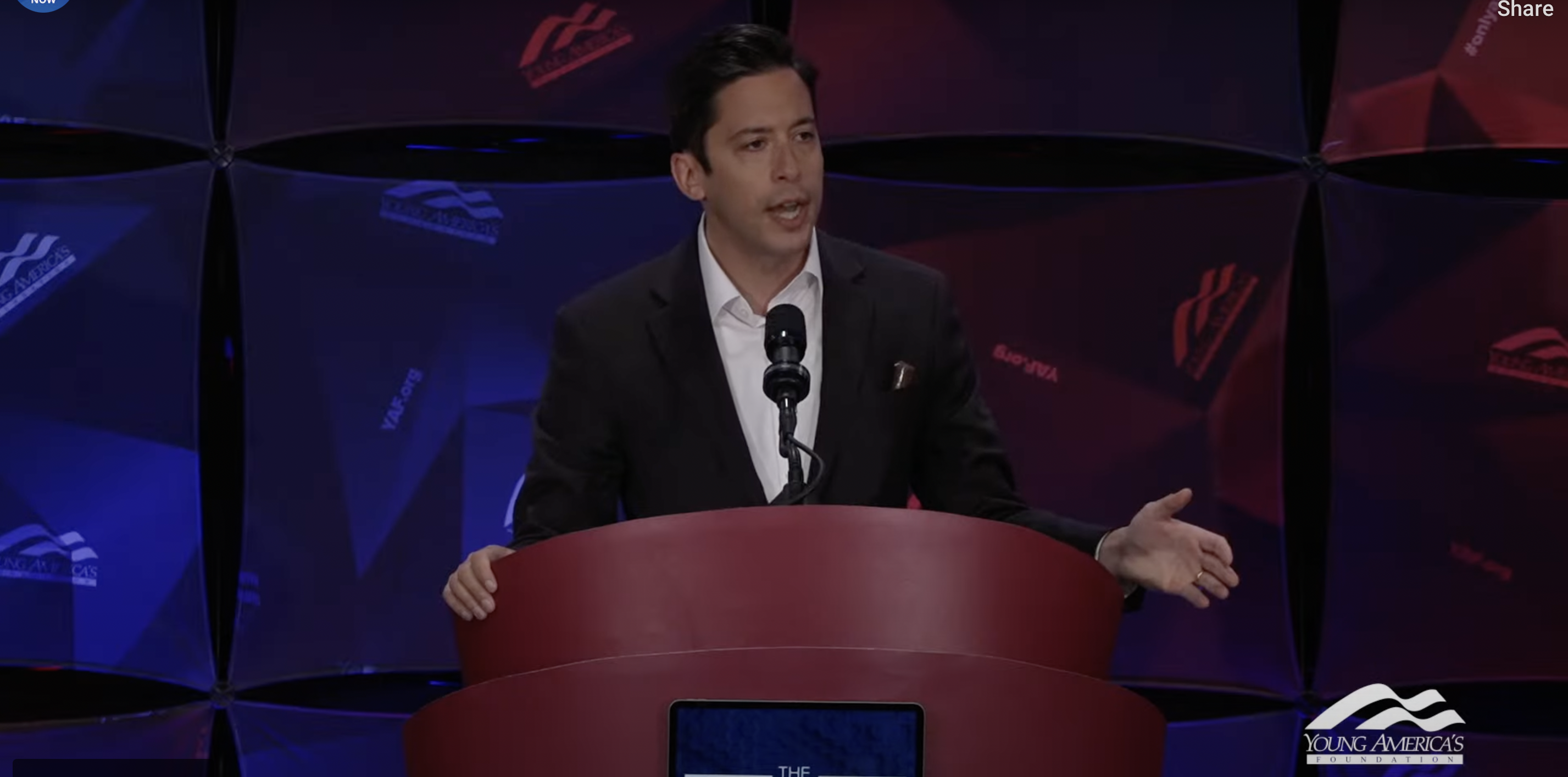Out-of-State Companies Join Lawsuit Against California’s Electric Truck Fleet Mandate
The lawsuit against California’s mandate for electrifying truck and van fleets, which extends beyond state borders, claims violations of interstate commerce protections and federal laws. Heavy equipment businesses, including out-of-state entities, challenge the mandate’s practicality, citing favoritism and micromanagement by California’s air regulatory agency. The policy targets companies worldwide with 50+ vehicles or $50 million in revenue, regardless of state presence.
Heavy equipment businesses have filed a suit against California over the state’s rule that truck and van fleets must electrify their vehicles—a mandate that will likely apply to almost as many out-of-state companies as in-state companies—alleging that it violates the U.S. Constitution’s protections for interstate commerce and other federal laws.
“The rule is extraterritorial, burdensome, and impractical. It is riddled with exemptions that allow [California’s air regulatory agency] to micro-manage fleets and play favorites, one vehicle at a time,” the lawsuit states.
The lawsuit, from Illinois-based trade association Associated Equipment Dealers and the American Free Enterprise Chamber of Commerce, a conservative group chaired by former Iowa governor Terry Branstad (R.), targets a state regulation stating that any company with 50 or more vehicles anywhere in the world, or $50 million in gross yearly revenues, must start replacing their vans, trucks, yard tractors, package delivery vehicles, and buses with electric models starting next year. Fleets must be fully electric within 10 to 18 years, depending on their category.
The “California fleets” that must comply with the policy include out-of-state vehicles that are used in the state for just one day, meaning that rental truck companies, and even those that occasionally enter California to collect goods from the state’s major seaports, fall under its rules.
The complaint comes after California governor Gavin Newsom (D.) jump-started the state’s aggressive mandates through a 2020 executive order to electrify transportation. California’s air regulatory agency followed suit with sweeping bans on the future sale of gas- and-diesel-fueled cars and heavy-duty trucks, as well as the rule in question for companies with vehicle and tractor fleets.
Representatives for the California Air Resources Board (CARB), which wrote these rules, and the state attorney general did not respond to requests for comment. Newsom’s office referred the Washington Free Beacon to the air regulatory agency.
The lawsuit says that the decree to force fleet owners and operators to jettison their functioning vehicles—replacing with 570,000 battery-powered trucks, by CARB’s estimate—won’t work. Practical problems include electric trucks’ and tractors’ lower mileage range and smaller load capacities, the high cost of replacing vehicle batteries when they degrade, battery charging time, and lack of vehicle charging infrastructure—all of which could thwart business.
“That transition won’t happen on the vast scale imagined by CARB,” the litigation states. “But the scramble to comply with a plan that defies the laws of physics, chemistry, and economics will be remarkably destructive.”
California faces a growing reckoning with its plethora of green mandates. Last week, congressional Republicans from the state asked Newsom to delay a separate air regulatory agency mandate for all commercial boats and barges to install diesel particulate filters at an estimated cost $5 million per vessel. The Republicans noted that the policy, due to take effect at the end of this year, “could create unnecessary economic strain” and jeopardize jobs.
Meanwhile, California Democrats’ push to replace natural gas and fossil fuels with wind and solar energy keeps hiking electricity costs as the state is trying to force everyone to buy electric cars and appliances.
" Conservative News Daily does not always share or support the views and opinions expressed here; they are just those of the writer."





